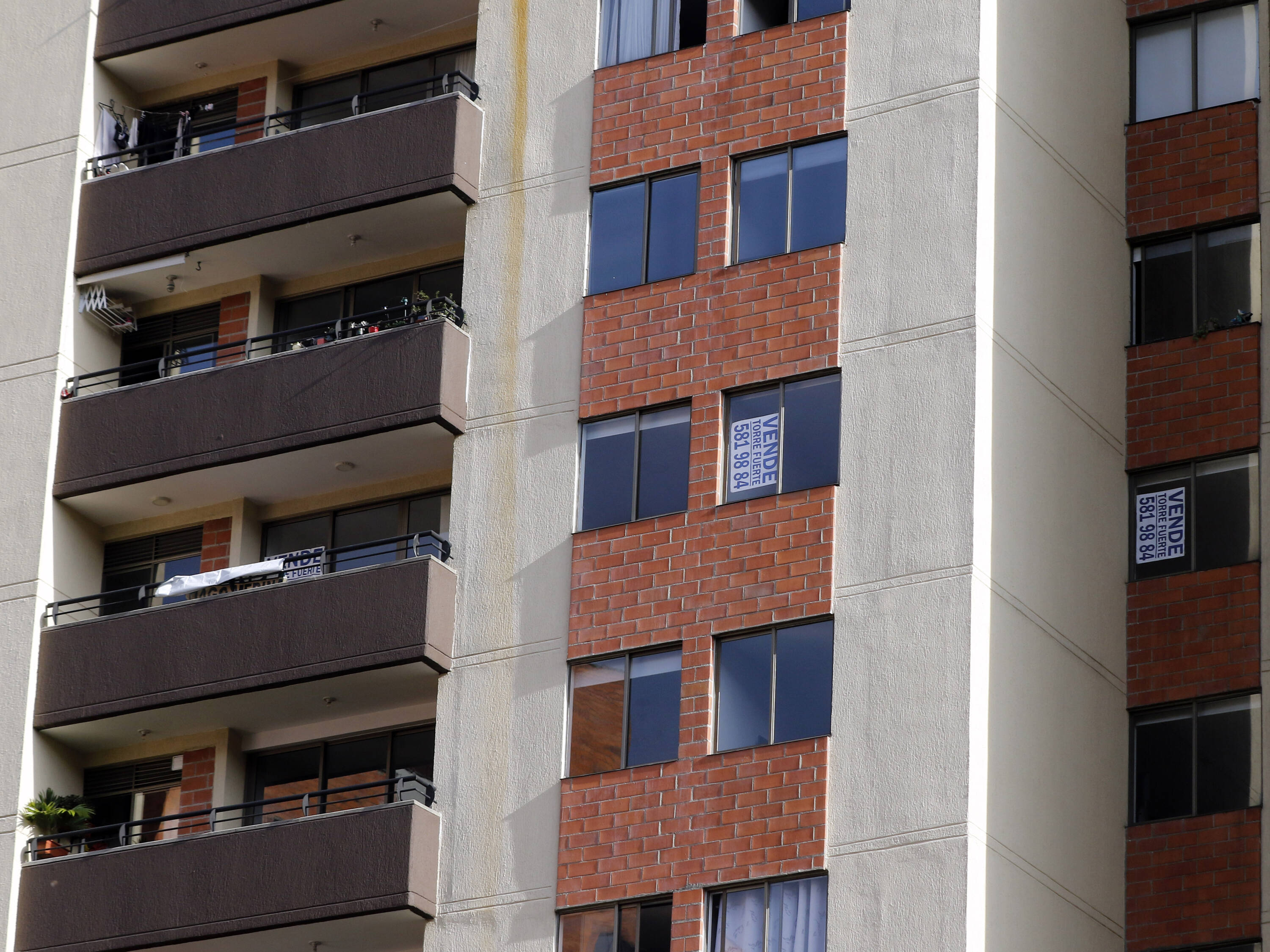Voting by delinquent landlords and tenant participation on the board of directors: what does the law say?

Nora Pabón Gómez, a lawyer specializing in horizontal property matters, answers the various concerns and questions expressed by readers, owners, tenants, and property managers who are part of the so-called horizontal property regime in Colombia.
What happens if the condominium regulations state that delinquent owners have a right to vote, but the cohabitation manual states that to be eligible to vote, owners must not be in arrears? What should prevail? Can the condominium regulations include a provision that delinquent owners cannot vote? Does this decision violate any rules? The horizontal property regulations prevail over the cohabitation manual. Additionally, in accordance with Law 675 of 2001, the sanctions and infractions that generate them must be set forth in the manual. Some regulations include failure to participate in the assembly with the right to speak and vote, and in that case, it must be applied, without prejudice to the possibility of any person who disagrees challenging the council's decision on the sanction.
Although some initially claimed that the right to participate in the assembly's decisions would be illegally disregarded, the Constitutional Court has affirmed that no fundamental rights are violated by the imposition of this sanction.
On the other hand, during the preparation period of Law 675 of 2001, it was analyzed and deduced that it was not valid to foresee that the participation of the defaulter was prohibited in cases where the qualified quorum of 70 percent was required, since these referred to the right of ownership, which did not occur with cases of simple administration.

Each person linked to the management of the horizontal property must have their employment contract. Photo: EL TIEMPO
The board is made up of owners. However, although it is advisable for board members to reside in the building or complex, unless otherwise stipulated in the regulations, there is no requirement to live in the property.
"We have a commercial space in an old horizontal property building that pays a monthly management fee of over 3,000,000 pesos. These fees include services we never use, such as an elevator, private security, reception, and cleaning, since the space is located on the exterior. How can we proceed to ensure this space isn't classified as horizontal property, or what's the solution to avoid being charged this high fee since we don't use the aforementioned services?" It's clear that the entire problem may lie in the regulations' failure to comply with Law 675 of 2001, which establishes the need to regulate clauses relating to mixed-use buildings and mandates the determination of sectors and contribution modules for each sector. If necessary, you can request that the administration review and amend the regulations. Otherwise, you can sue.
Is it prudent to pay retroactively to the Administrator, Assistant Administrator, Accountant, Statutory Auditor and lawyer? Regardless of whether it's prudent or not, each person must have their own contract with the legal entity of the horizontal property, and each co-ownership must adhere to what has been agreed upon. Furthermore, the budget is approved annually, and the compensation for this is also included.
Nora Pabón, lawyer specializing in horizontal property
Consultations For inquiries, please send your question, very specific and without attachments, to: [email protected]. New articles are published every Saturday. If you'd like to see the most recent or previous articles, visit https://www.eltiempo.com/noticias/nora-pabon-gomez
eltiempo





